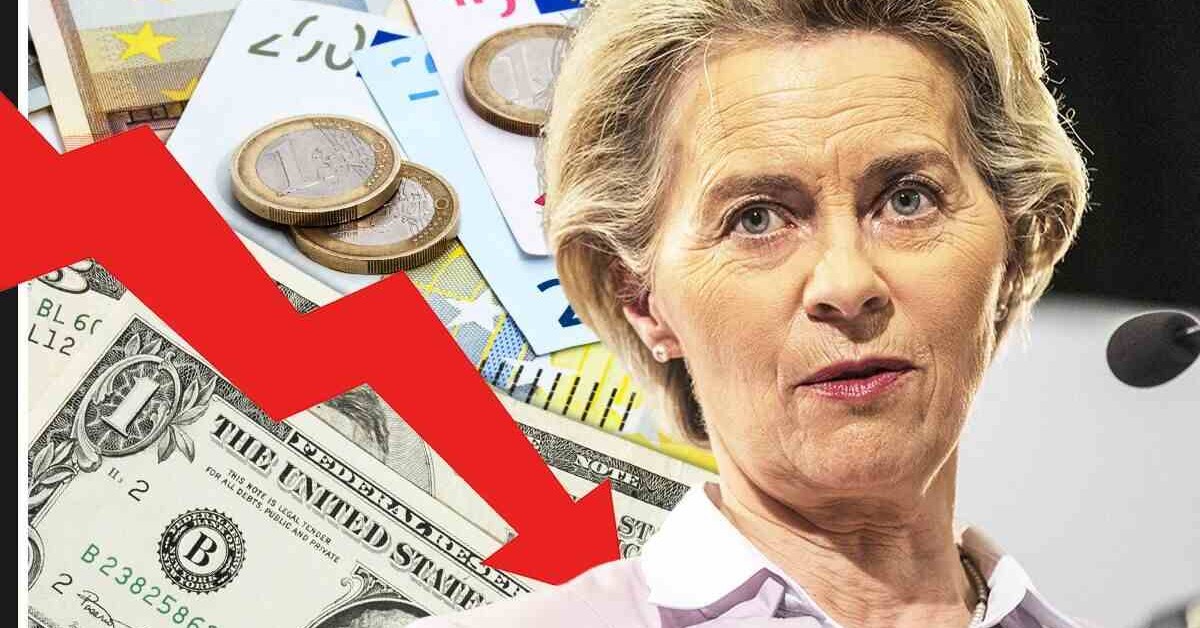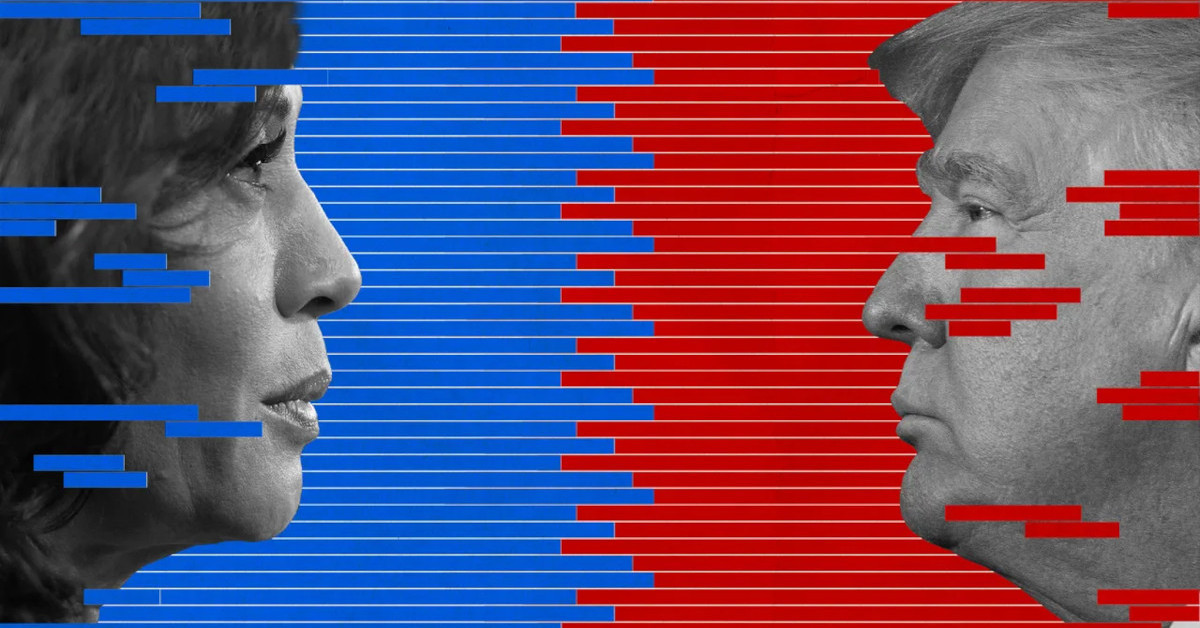Euro continues to fall further
After a very bad week, the new week started even terribly for residents of the euro area. The Euro testing its historical low against the USD and multi-year low against many other currencies.
The story started last week when Russian president Vladimir Putin announced the partial mobilization of Russian military reserves. And while in response to measures to determine the price ceiling, Putin repeated his threats to halt energy exports to Europe. Of course, considering what we know about Putin, we should also take his nuclear threats seriously. All this means that the crises in Europe can become even worse, so Euro can continue losing its demand.
On the economic data front, ahead of this Friday's inflation report that is expected to increase above 9.3% and rise even further in the following months and reach double digits we have many other data from week ago to watch. Therefore, driven by the high cost of energy in the Eurozone, increasing price pressures and forcing ECB to take swift action to tackle inflation will increase. According to the published data last Friday, the initial manufacturing PMIs in the euro area, Germany, and France were all below 50.0 in September, with the former two hitting a new low since June 2020. In the services section, the Eurozone and Germany service PMIs respectively fell to 48.9 (previously 49.8) and 45.4 (previously 47.7), while France edged up to 53.0 (previously 51.2). In terms of preliminary composite PMI, the Eurozone and Germany fell to 48.2 (previously 48.9) and 45.9 (previously 46.9) respectively, while France edged up to 51.2 (previously 50.4).
Considering mentioned data and news, Eurozone stock markets are falling sharply, while the German 2-year government bond yield rose to 2%, for the first time since 2008, and the 10-year bund yield hit a new high since December 2011. In the stock market, DE30 continued to hit a new low since November 2020. DE30 currently trading at 12,284 and losing 2% today, so far.
After last week's central banks' meetings, especially in the United States, Euro deeper even further. Fed increased the rates by 75 basis points to curb inflation, but US economic data show that the economy in the United States can withstand this pressure, which we cannot confirm in Europe. In its latest monetary policy meeting, the ECB raised its benchmark interest rate by 75 basis points, to increase the cash rate to 0.75%, up from zero percent. Hawkish ECB rhetoric has propped up the Euro for a very short time but added more pressure on European stock markets. This week, we have to watch ECB President Christine Lagarde's speeches more closely
The EURUSD pair tumbled below the strong parity level support and below the psychological level of 1.00, closing near 0.969 on Friday. At the beginning of this week, EURUSD declines further by 0.45% on Monday to trade at 0.9645. If the decline continues, it may find support near 0.961 and further down at the 0.845 level representing the 2002 low. On the flip side, and in the uptrend, it may encounter resistance at 1.019 and further up at 1.036.


















